Panic Disorder: Signs, Causes & Treatment
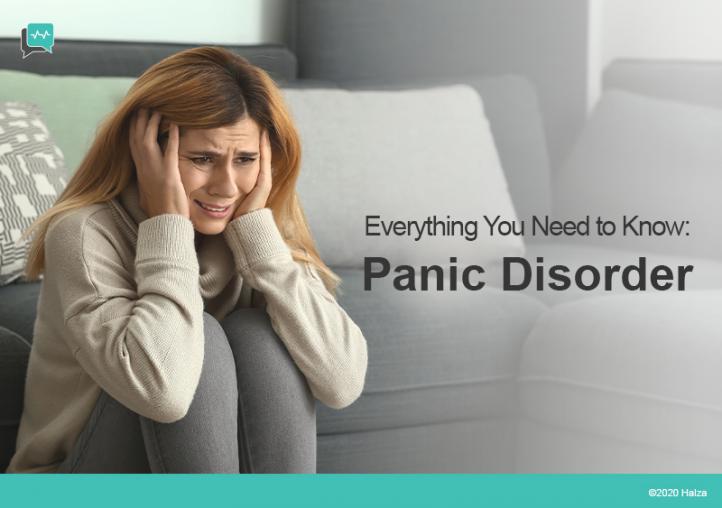
If you have ever had a panic attack, you might feel as if no one else can understand
how terrifying it was. You might even be too embarrassed to tell other people what happened.
You might also be surprised to know that approximately one out of every three people will have at least one panic attack during their lifetime. And approximately one out of every 25-30 people (in the U.S.) will be diagnosed with Panic Disorder during their lifetime.
You are not alone.
Does Everyone’s Panic Attacks Feel the Same?
Most people will have at least four of the following symptoms during an attack:
- Palpitations
- Sweating
- Trembling
- Shortness of breath
- Feeling of choking
- Chest pain or discomfort
- Nausea
- Dizziness
- Fear of losing control
- Fear of dying
- Chills or hot flashes
- Tingling or numbness
- Sense of being disconnected from oneself
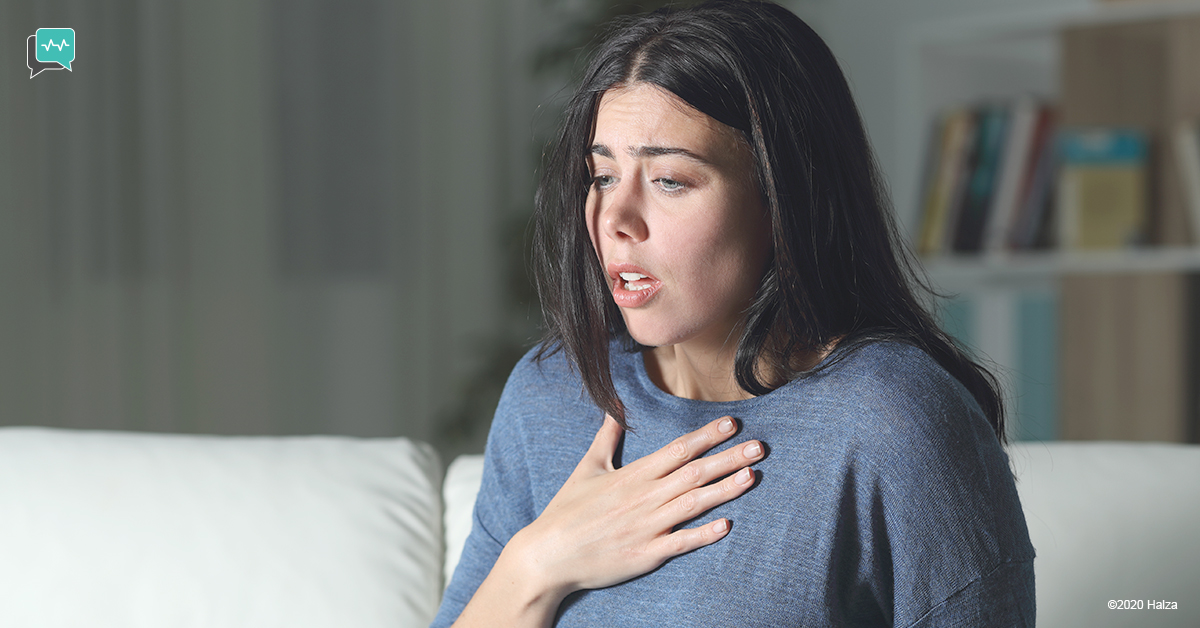
Panic attacks come on suddenly and usually last for 5-20 minutes, although some can last longer. The symptoms are very real, and not imagined. During a panic attack the body releases the same chemicals that are released in our protective “fight or flight” mechanism. These chemicals – such as adrenaline and cortisol – cause most of the physical symptoms experienced during a panic attack.
What Is the Difference Between Panic Attacks and Panic Disorder?
Some panic attacks result from a specific phobia. A person with an extreme fear of flying would not be surprised to have a panic attack on a bumpy airplane. Although these panic attacks are extremely uncomfortable and might warrant treatment, they are not panic disorder.
When a person has panic disorder, the attacks usually happen completely unexpectedly. One moment the person is fine, and the next moment they are sweating, nauseated, trembling, and short of breath. After the attack has passed, they can’t explain why it happened.
Panic disorder is one of several disorders that are considered “anxiety disorders”.
What Are the Criteria for A Diagnosis of Panic Disorder?
In a diagnosis of panic disorder, a person has recurrent and spontaneous panic attacks. In addition, the person must have spent at least one month:
- Worrying about having another attack; and/or
- Significantly changing their behavior because of the attacks. They might avoid any situation in which an attack might occur or a situation that they can’t easily leave.
Panic attacks in panic disorder aren’t caused by a medical condition or use of substances such as medicine or alcohol.
Also, the panic attacks aren’t attributable to a different mental disorder. For example, fireworks might sound like gunshots or explosions to a soldier with a diagnosis of post-traumatic stress disorder. The memories might trigger a panic attack, which would be a symptom of the soldier’s post-traumatic stress disorder.
Is Panic Disorder Easy to Diagnose?
Of all medical professionals, specialists in psychiatry or mental health have the most training in diagnosing and treating panic disorder. Primary care providers are more likely to recommend tests to look for other conditions with similar symptoms. This is because symptoms of panic attacks or panic disorder can feel like symptoms of:
- Heart disease
- Lung disease
- Neurological conditions
- Thyroid disease
- Gastrointestinal conditions
Although no one wants to be diagnosed with panic disorder, it can be reassuring to know that the symptoms of an attack are not from a life-threatening physical condition. Symptoms of a panic attack will go away without medical attention.
A psychiatric or mental health specialist will review the person’s medical record, get to know the person generally, and ask questions about:
- The intensity of panic attacks.
- The frequency of attacks.
- How much the person worries about the attacks.
- How they handle the attacks.
- The effect of the attacks on relationships, work, or school.
- What activities are avoided for fear of an attack
Why Me? Why Did I Develop Panic Disorder?
Panic disorder most likely develops when a person with a pre-existing vulnerability is unusually stressed.
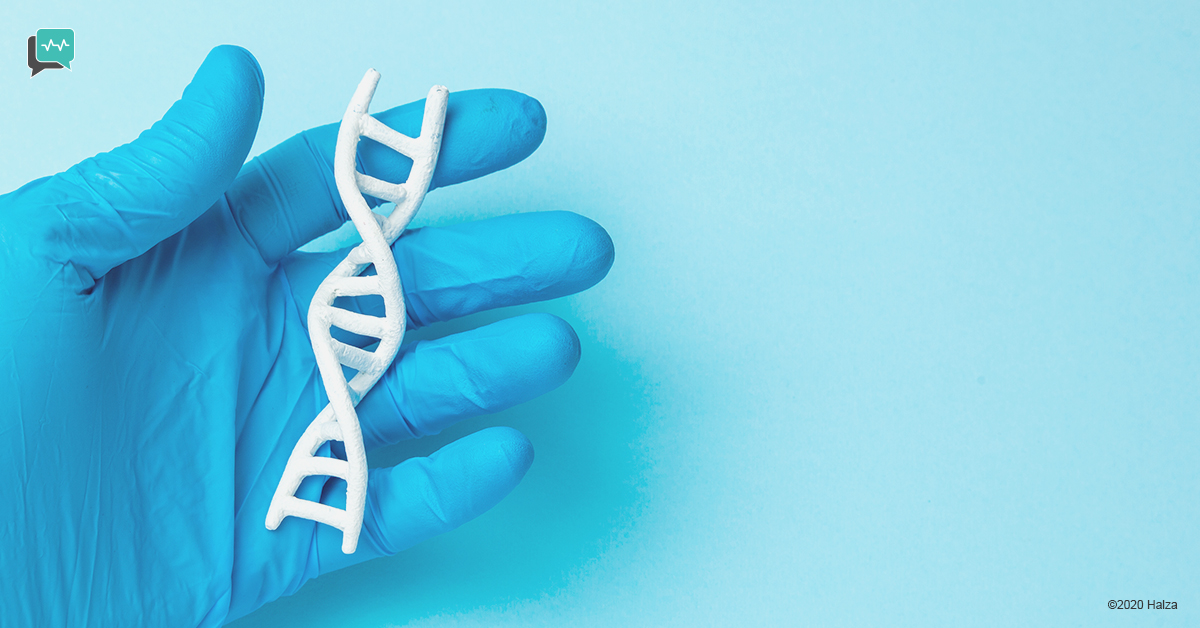 Pre-existing vulnerabilities can include:
Pre-existing vulnerabilities can include:
- Genetics, which are strongly linked to panic disorder.
- Major depression, other anxiety disorders, chronic illness
- Strong reactions to stress (neuroticism)
- Trauma in childhood, such as physical, sexual, or emotional abuse
- Anxiety about managing anxiety
- Frequently assuming the worst will happen
Related reading:
- How does stress physically affect your body and how can you deal with it in a healthy way? Read here.
- Depression is more than feeling sad. Learn more about the condition now.
Stressors, among many, can include financial difficulties, poor health, major life changes, recent death of a loved one, and/or work difficulties.

Other factors that can lead to recurrent panic attacks include overuse of caffeine, use of stimulant medications, and frequent-self medicating with alcohol. (For a short time, alcohol is a relaxant, but as blood alcohol level goes back to normal, there can be a rebound effect.)
What Are the Treatments for Panic Disorder?
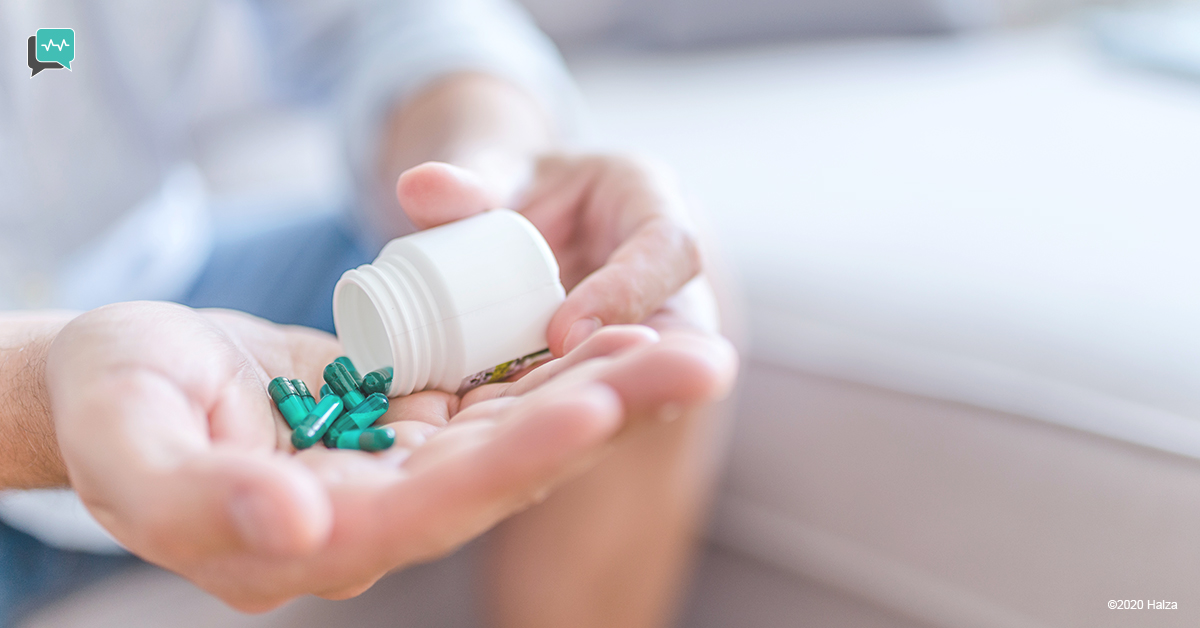
Professional treatments include medication and/or various types of psychotherapy (talk therapy).
Psychotherapy can be done by a psychiatrist, a psychologist, social worker, or other licensed therapist.
- Therapists who are not licensed to prescribe medication should work with a psychiatrist or other licensed practitioner to manage medication.
- In North America and Europe, the most recommended psychotherapy for panic disorder is Cognitive Behavioral Therapy (CBT). CBT is a somewhat structured, but individualized process that teaches self-observation, coping skills, and problem solving. CBT also challenges a person’s negative thoughts.
Is Treatment for Panic Disorder Effective?
Treatment for panic disorder can be very effective but depends on the right match of medication and/or therapist to patient, and on the patient’s commitment to treatment. Most people will feel significantly better after a few months of treatment and are able to return to much of their “before” activity.
Some people will eventually find that their panic attacks return. To prevent this, it is important to continue to minimize stressors. It is also important to receive treatment for any co-occurring mental health disorders such as depression or agoraphobia.
Professional Treatment Is Not Available to Me – What Can I Do?
There are many ways to reduce stress and relax both the mind and body. Some suggestions are:
- Identify the circumstances that cause you stress and take steps to make changes. You might not be able to change things completely, but even taking small steps can be helpful.
- Be open with friends, family and/or co-workers. How can they support you in general, or support you during an attack?
- Practice these techniques so that you can use them during an attack:
- Accept the physical sensations of panic. You know that those feelings will pass and that you will be ok when the attack ends.
- ‘Mindfulness’. Observe your thoughts and feelings without judging or reacting to them. Focus on something real and present, rather than what you might be anticipating or imagining.
- Muscle relaxation. There are different variations in which you tighten and relax muscles in a suggested sequence.

- Slow, deep breathing. Focus on each 4-second inhalation and feel your abdomen expand. Count down from 4 as you exhale slowly.
- Aromatherapy can be soothing. Carry a sachet or small bottle of a calming scent such as lavender.
- Regular exercise is a proven stress-reducer. Ask your doctor about beginning an exercise routine.
- Join a support group of people with panic disorder or connect with people on-line.
- Eat a well-balanced diet.
- Learn and practice yoga and/or meditation. Classes are available at low or no cost on-line.
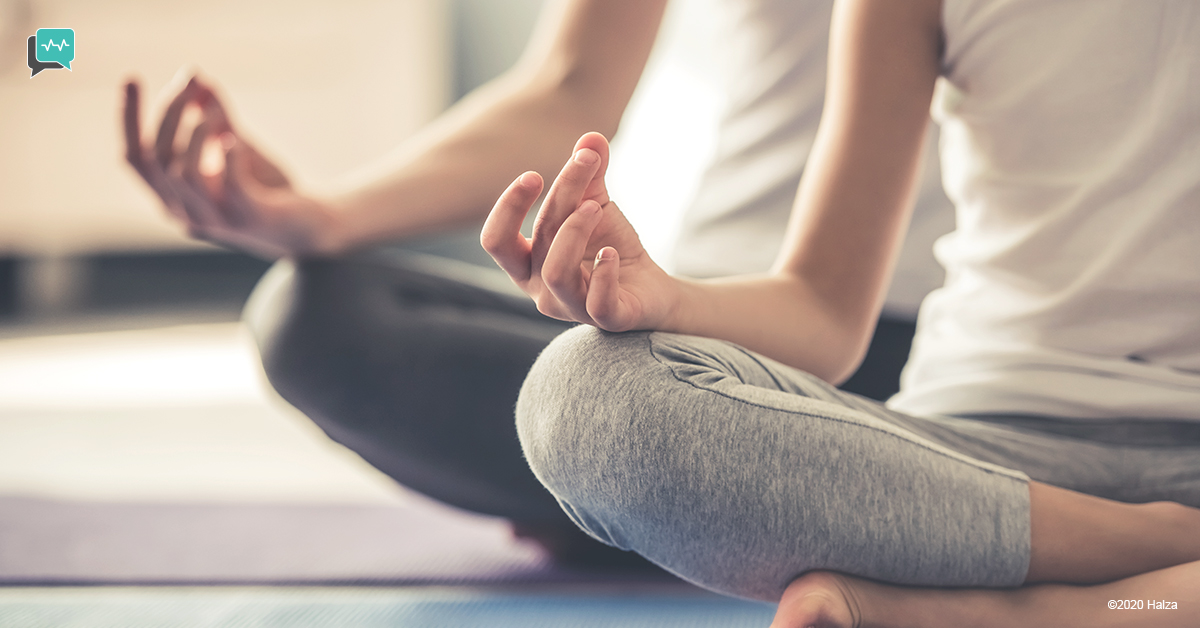
Most of these suggestions are useful for almost anyone, any time!
How Can I Help Someone Who Is Having A Panic Attack?
First, communicate that you understand their distress. Don’t say anything that minimizes or negates their feelings. It is ok to remind them that the symptoms will pass soon. Stay calm.
Ask what you can do to help. They might ask for their medication, or for water, or for you to stay with them, or to get their bag or coat.
Ask if they would like to go somewhere quieter or more private (if possible). If they want to be alone, stay close enough to check on them.
Look directly at them when speaking, and use direct, simple language. A person having a panic attack is not able to focus on anything complicated.
If their breathing is fast or shallow, model taking slower, deeper breaths. Suggest counting slowly to ten. At ten, you can suggest counting back down to one.
Sometimes repetitive movement can help. For example, you could suggest (and demonstrate) marching in place or doing no-weight bicep curls.
If the person has never had a panic attack before, consider the possibility that it could be a heart attack or other condition requiring medical care.
Live Without the Fear
Timewise, panic attacks only take up a small amount of time. But in panic disorder, the fear of having a panic attack is almost always present. It hides in the background and rarely disappears.
But panic disorder does not have to prevent you from living a fulfilling, active, and productive life. If professional treatment is available, take advantage of it. Ask friends and/or family for support. Find ways to reduce stress. Accept that recovery is not immediate, and that it requires some effort from you. Be proud of even the smallest efforts – they all add up. Even when you feel better keep practicing the techniques that helped.
And help another person one day by telling them “I used to have panic attacks too. Lots of people have them. You are not alone.”
How Halza Helps
Managing your mental health is just as important as managing your physical health.
If you’re on medication to treat panic disorder, never miss a dose by setting Medicine reminders on the Halza app. Keep track of what you need, how much, and when with ease. Show up to any appointments or check-ups on time by scheduling health reminders.
Having a close-knit social circle of family and friends to rely on can reduce feelings of isolation. Stay connected with those you trust with the Emoji Blast®. Get more than 500 Hen emojis at your fingertips to start a conversation and convey how you feel without typing out a single word.
Download the Halza app today!

